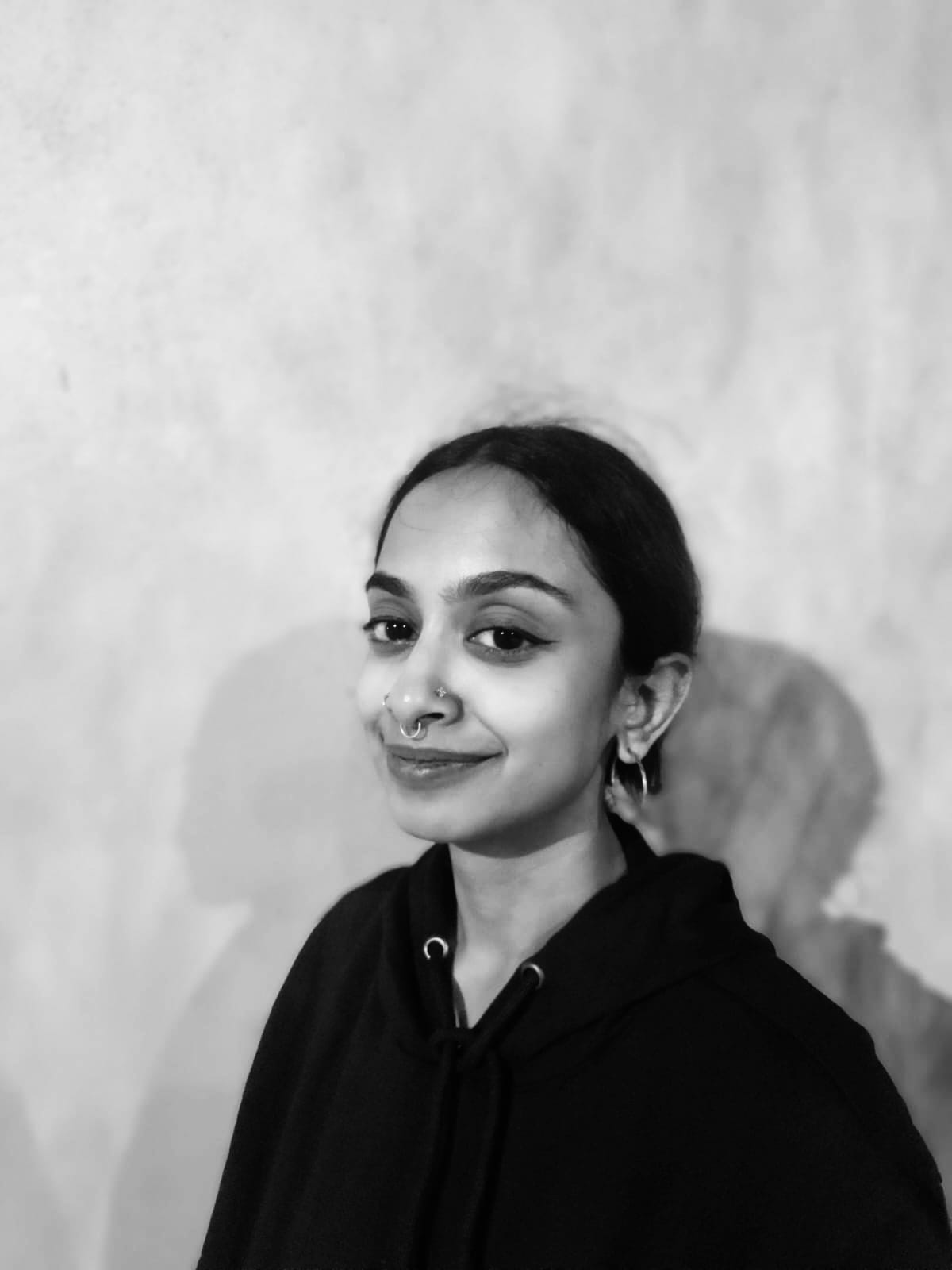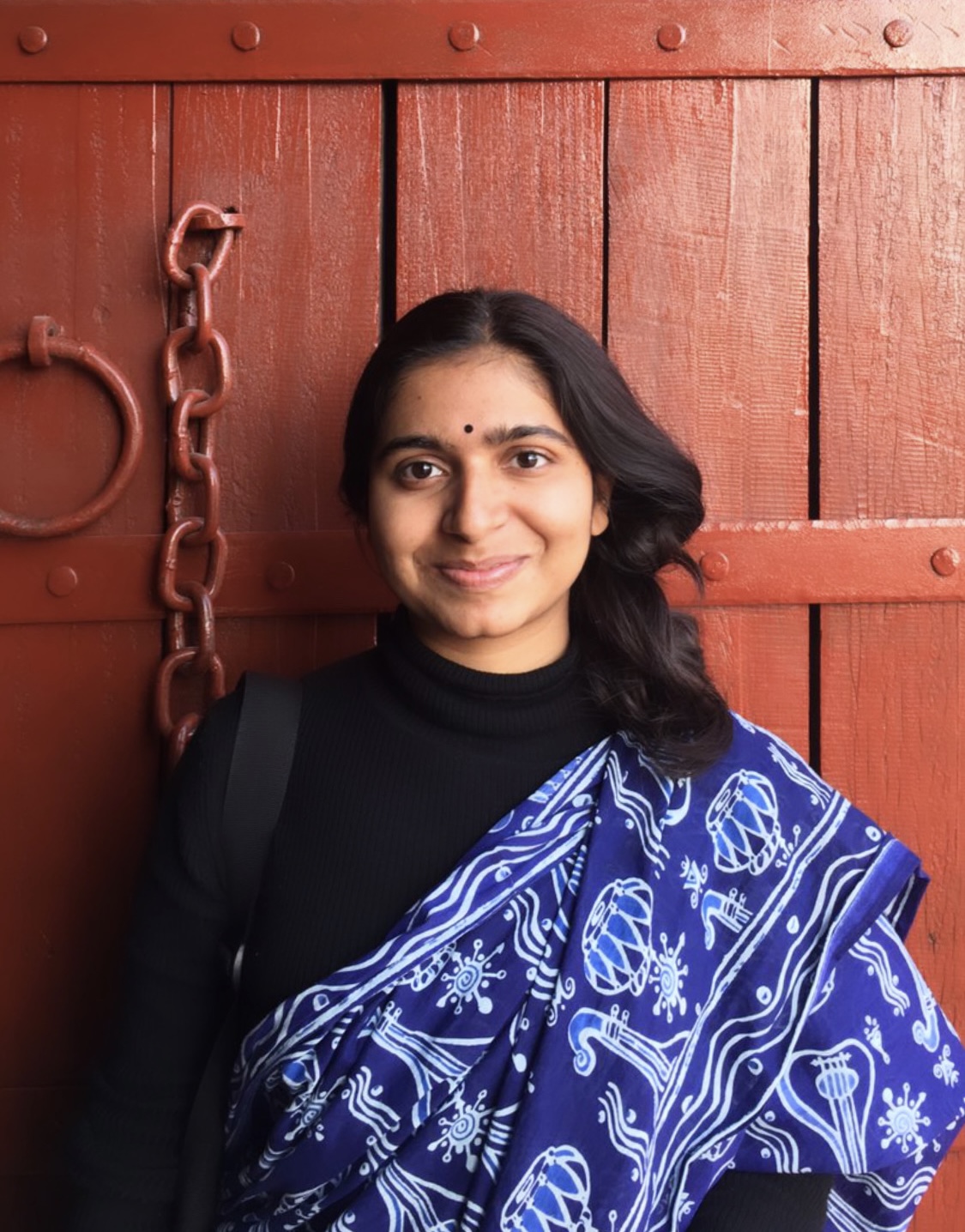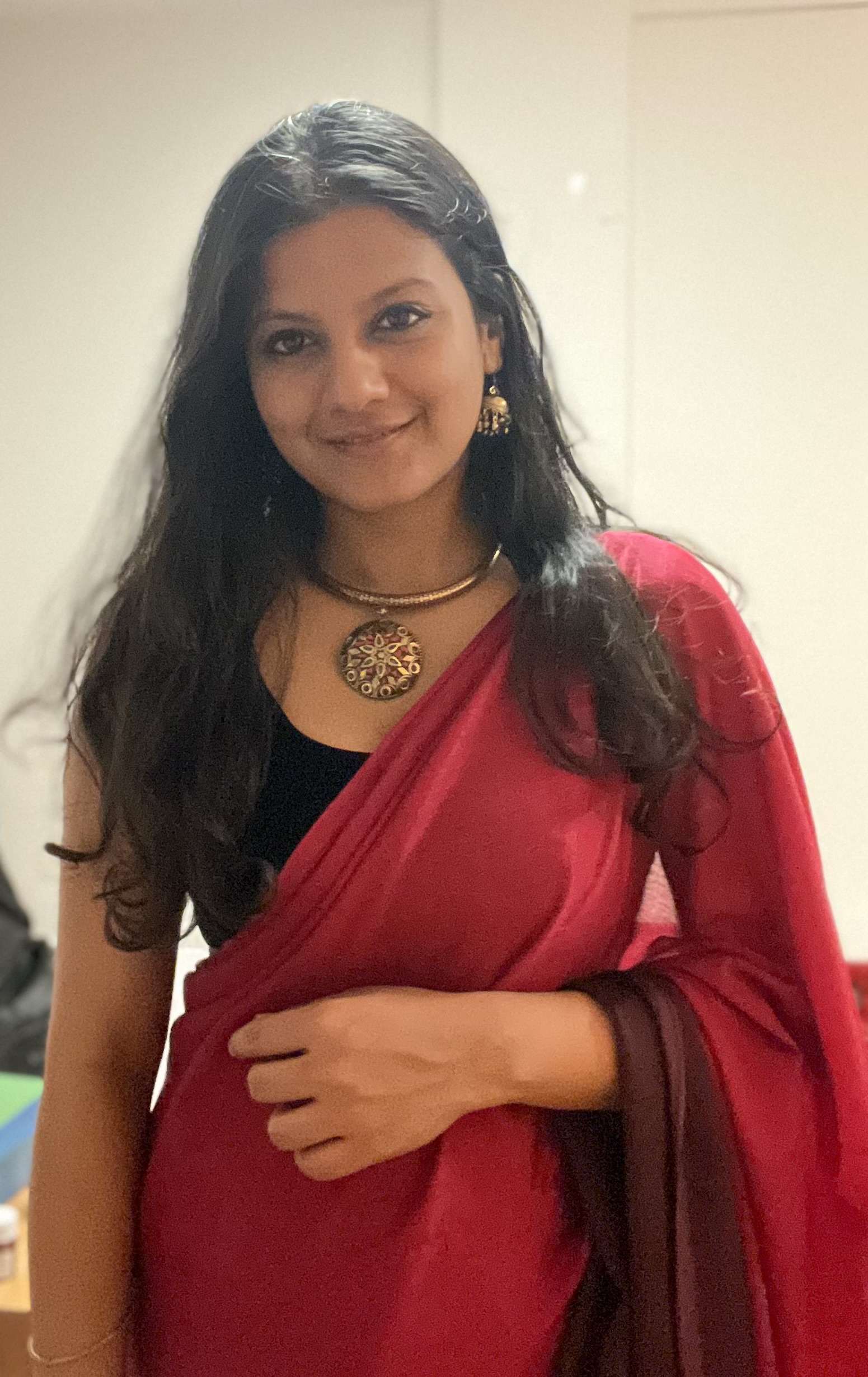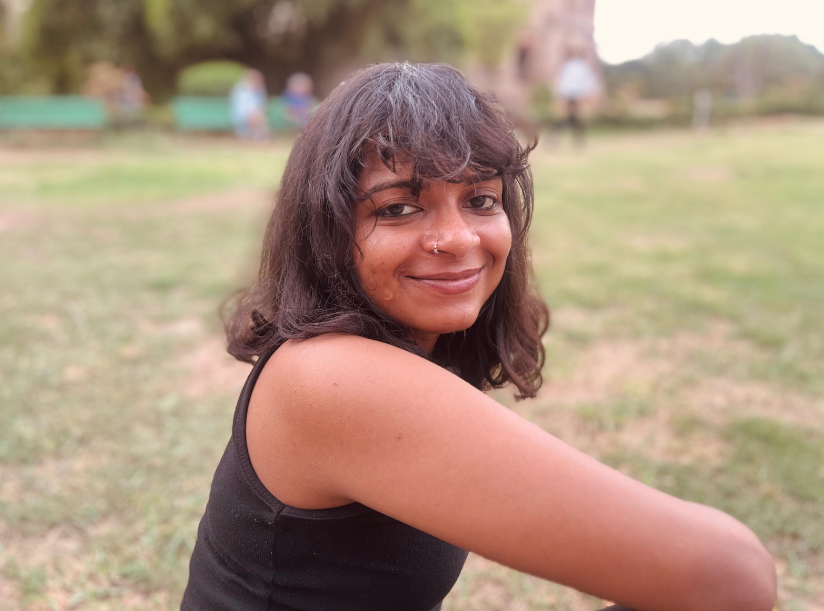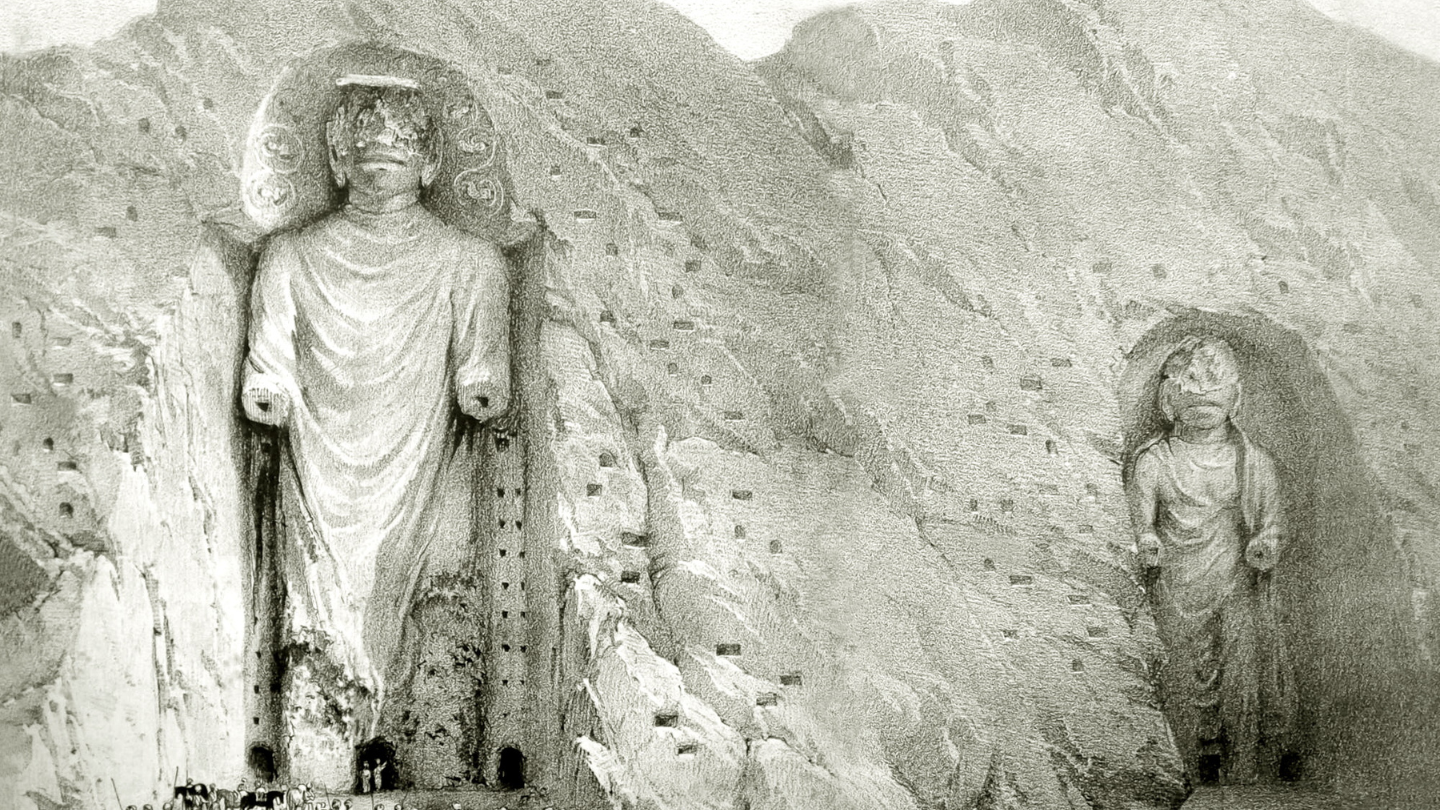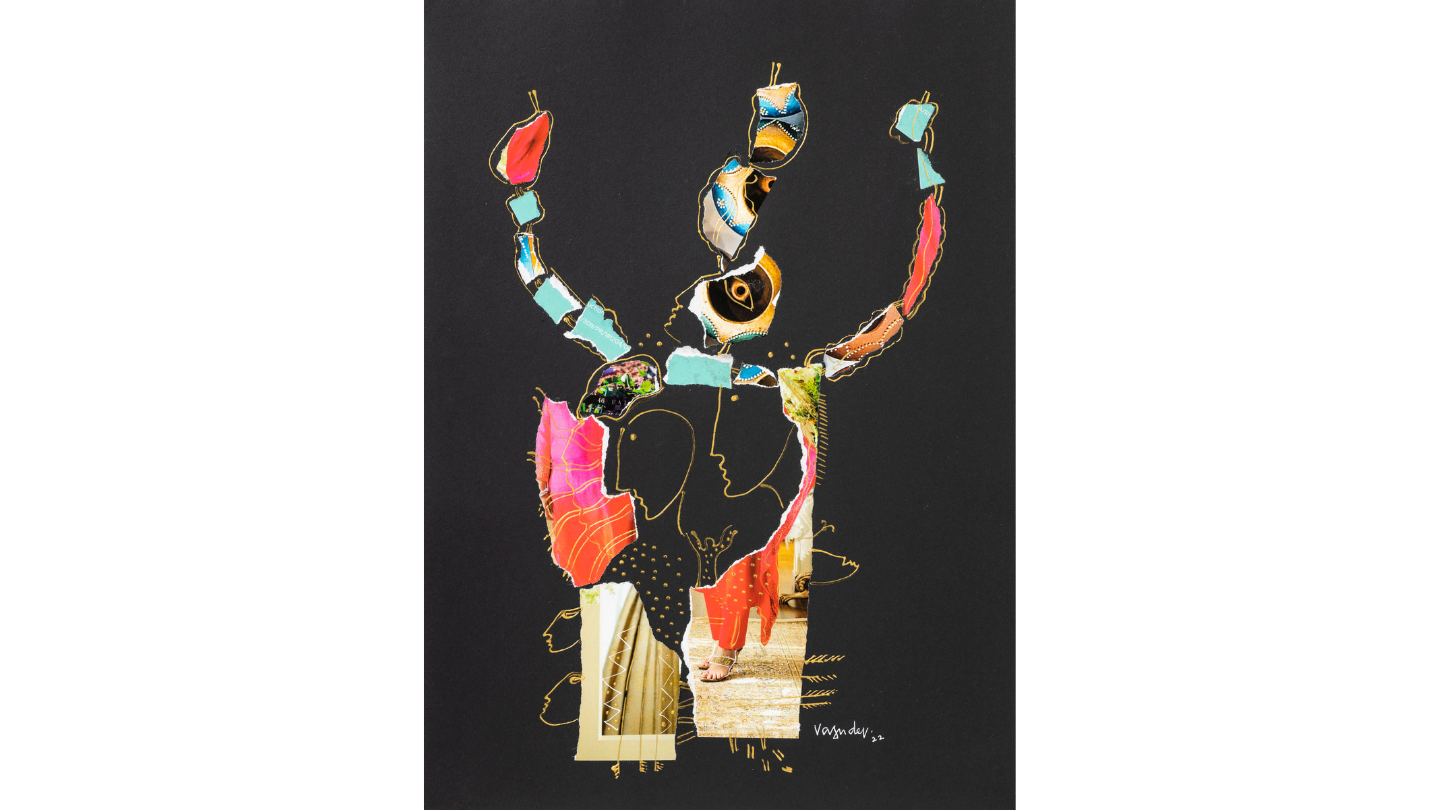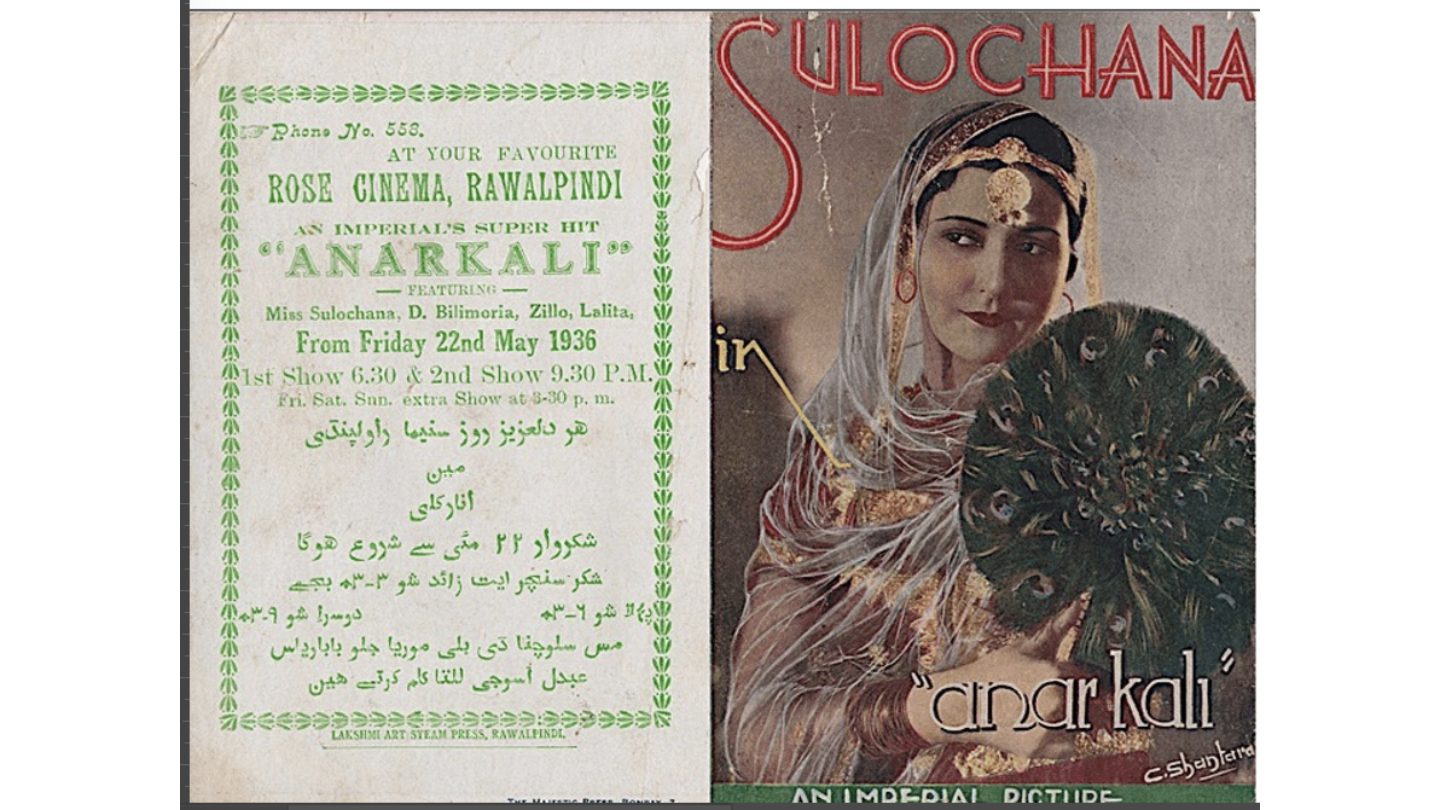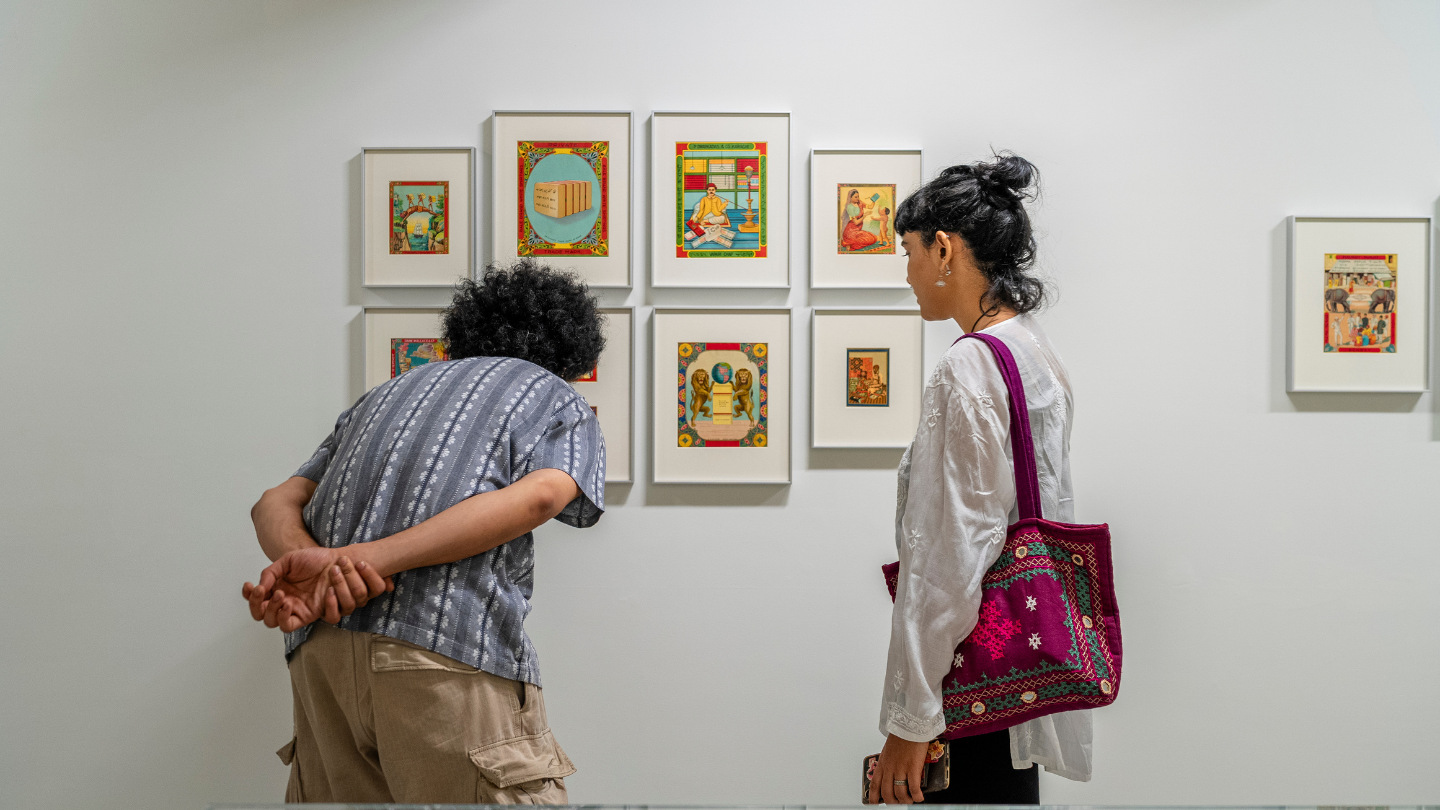Talks
Cross Dialogues: Gender & Climate Change
Climate Storytellers in Conversation
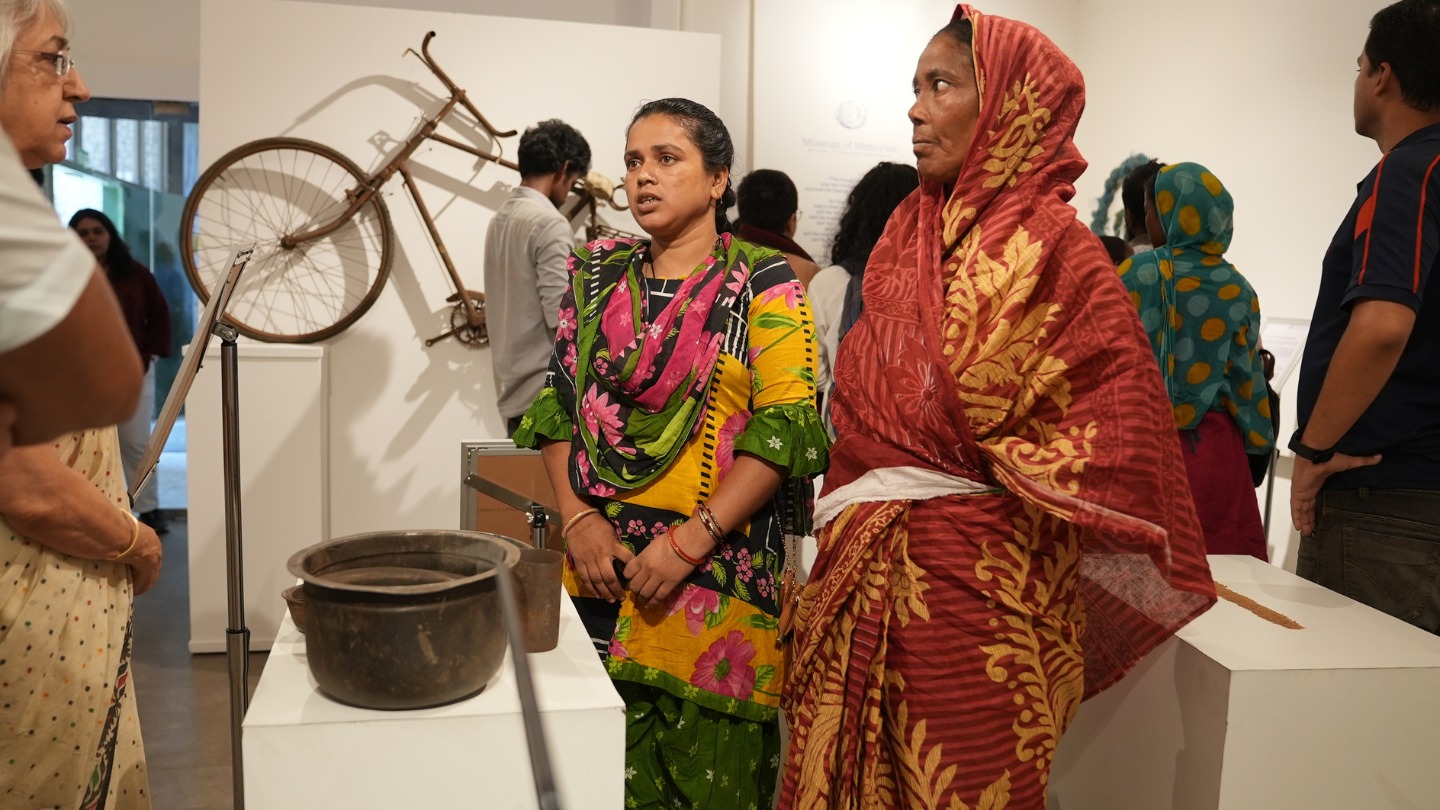
Join us for a panel discussion exploring the many dimensions of climate vulnerability as exaggerated by gender, caste and class locations. With a focus on how extreme weather events like heat waves disproportionately impact marginalised communities, this conversation will examine the urgent need for gender-sensitive climate data, the compounded challenges faced by women in vulnerable communities, and how social and economic inequities shape climate resilience.
Our panellists, Apekshita Varshney (HeatWatch India), Bhumika Saraswati (Unequal Heat) and Nandita Shivakumar (Labour Organiser and Campaigner) will be in conversation with Amruta SN (Campaigner, Greenpeace India) speaking of the role of documentation, storytelling, and policy advocacy in amplifying these issues and pushing for structural change.
Bookings
Bookings are closed for this event.
